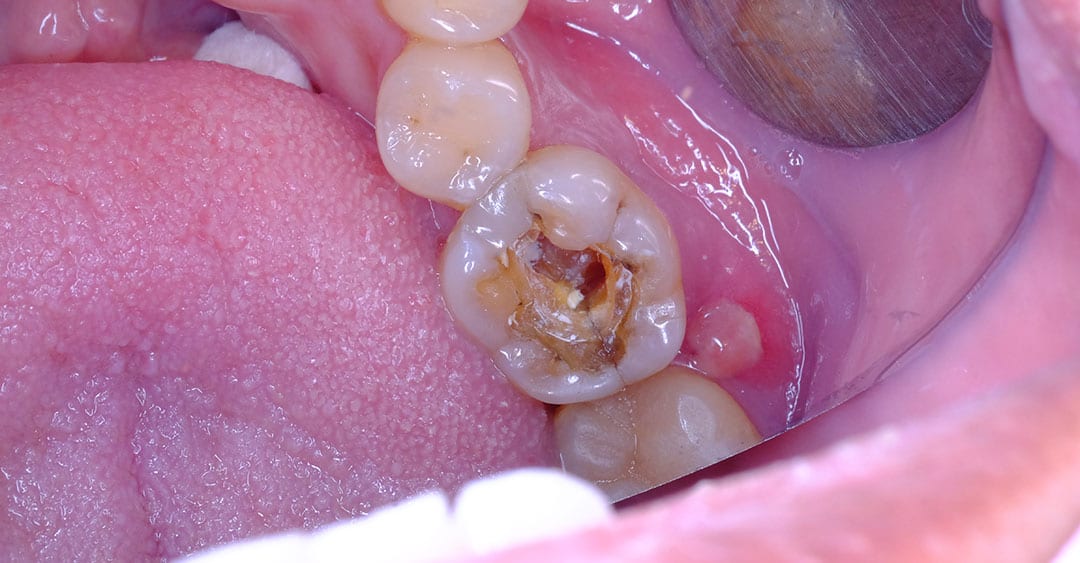12 Implant Symptoms To Recognize Failure
The success of dental implants has revolutionized the field of dentistry, offering a durable and aesthetically pleasing solution for missing teeth. However, like any medical or dental procedure, implant failure can occur. Recognizing the symptoms of implant failure is crucial for timely intervention and to prevent further complications. Here, we delve into 12 key symptoms that may indicate implant failure, emphasizing the importance of regular dental check-ups and professional evaluation.
1. Persistent Pain
One of the earliest signs of implant failure can be persistent pain at the implant site. While some discomfort is normal after the procedure, pain that persists or worsens over time can indicate a problem with the integration of the implant.
2. Swelling and Inflammation
Swelling and inflammation around the implant site that doesn’t subside with time or recurs after seeming to resolve can be a sign of infection or implant failure. These symptoms can indicate that the body is rejecting the implant or that there is an infection that needs to be addressed.
3. Gum Recession
Noticeable gum recession around the implant can expose the implant’s surface, leading to aesthetic issues and potentially indicating failure. Healthy gums should cover and support the implant, and their recession can be a sign of underlying problems.
4. Loosening of the Implant
If the implant feels loose or moves when touched, it’s a clear indication that the osseointegration (the process by which the bone cells attach themselves to the implant) has failed. This symptom necessitates immediate dental evaluation.
5. Bleeding on Probing
Bleeding when probing around the implant can indicate peri-implantitis, an inflammatory process affecting the hard and soft tissues surrounding the implant. This condition can lead to implant failure if not treated.
6. Suppuration or Discharge
The presence of pus or discharge around the implant site is a significant indicator of infection, which can lead to implant failure. This symptom requires urgent dental attention to prevent further complications.
7. Bad Taste or Odor
Persistent bad taste or odor that cannot be resolved with good oral hygiene practices may indicate an infection or failure of the implant. These symptoms can significantly affect a patient’s quality of life and should be addressed promptly.
8. Visible Implant Threads
If the threads of the implant become visible due to bone loss, it’s a sign of implant failure. The implant should be fully covered by bone and gum tissue for it to be successful.
9. Difficulty Chewing
Difficulty or discomfort when chewing can indicate that the implant is not integrating properly or has failed. This symptom affects the patient’s ability to eat and enjoy their food, impacting their overall well-being.
10. Nerve Damage Symptoms
Symptoms such as numbness, tingling, or altered sensation in the tongue, lips, or face can indicate nerve damage associated with the implant procedure. While not always a sign of implant failure, these symptoms require evaluation.
11. Radiographic Bone Loss
Bone loss around the implant, as observed in radiographic images, is a critical indicator of implant failure. The bone should support the implant, and significant loss can lead to instability and failure.
12. Mobility of the Crown
If the crown or prosthetic tooth attached to the implant is movable or feels loose, it could signify that the implant has not integrated properly with the bone or has failed.
Conclusion
Recognizing the symptoms of implant failure is vital for maintaining oral health and ensuring the longevity of dental implants. Regular dental check-ups can help identify these symptoms early, allowing for intervention before more severe consequences occur. Dental professionals play a crucial role in monitoring the healing process and addressing any issues promptly, underscoring the importance of choosing an experienced and skilled dentist for implant procedures.
FAQ Section
What are the common causes of dental implant failure?
+Dental implant failure can be caused by several factors, including poor oral hygiene, smoking, diabetes, insufficient bone density, and surgical errors. It’s also critical to follow post-operative instructions carefully to minimize the risk of complications.
Can dental implant failure be treated?
+Yes, dental implant failure can often be treated. The approach depends on the cause and extent of the failure. Treatment options may include correcting the implant position, bone grafting, or replacing the implant altogether. Early detection and intervention are key to successful treatment.
How can I prevent dental implant failure?
+Preventing dental implant failure involves a combination of good oral hygiene practices, regular dental check-ups, avoiding smoking, and maintaining a healthy lifestyle. Choosing a skilled and experienced dentist for the procedure is also crucial for minimizing risks.

